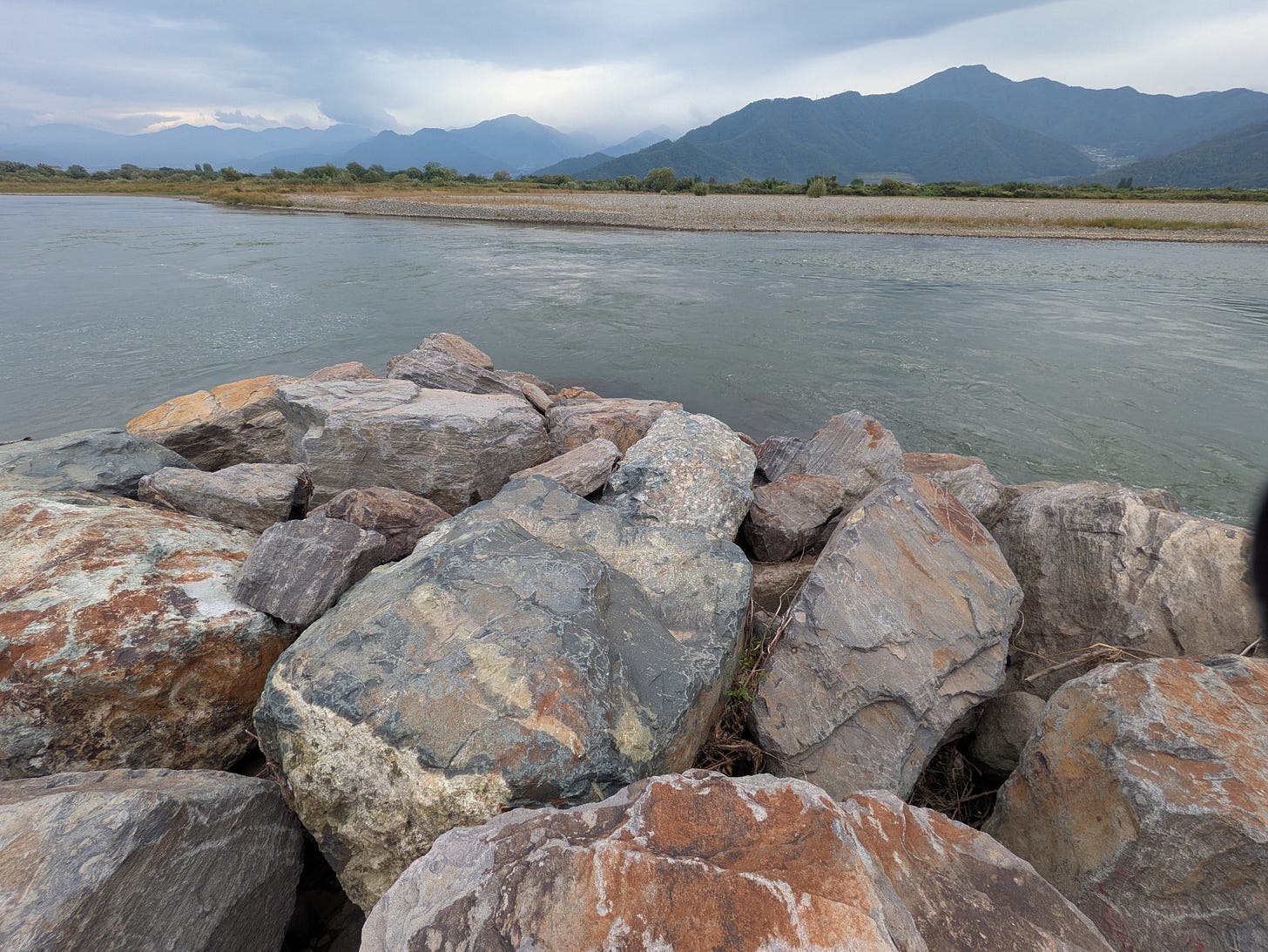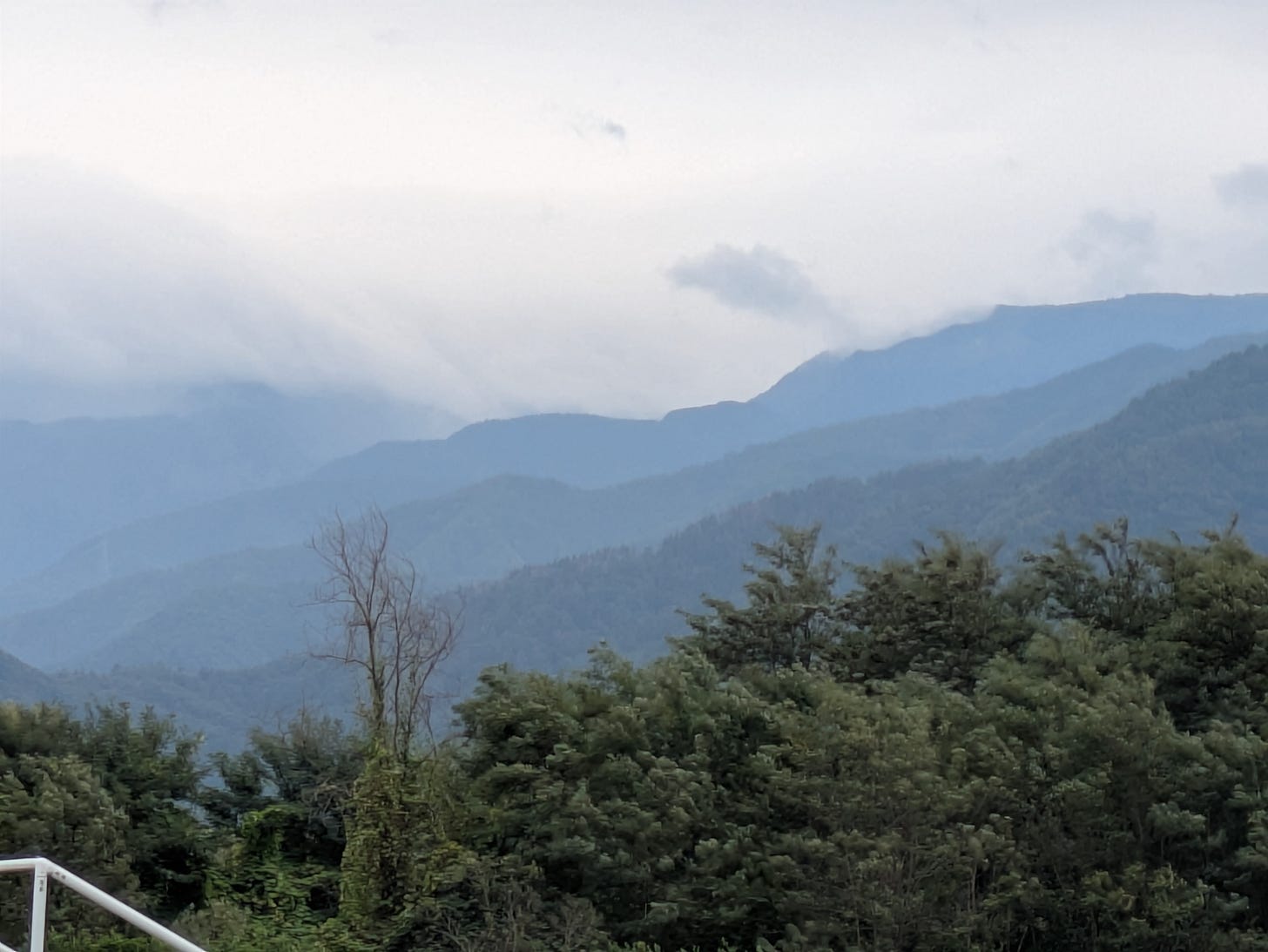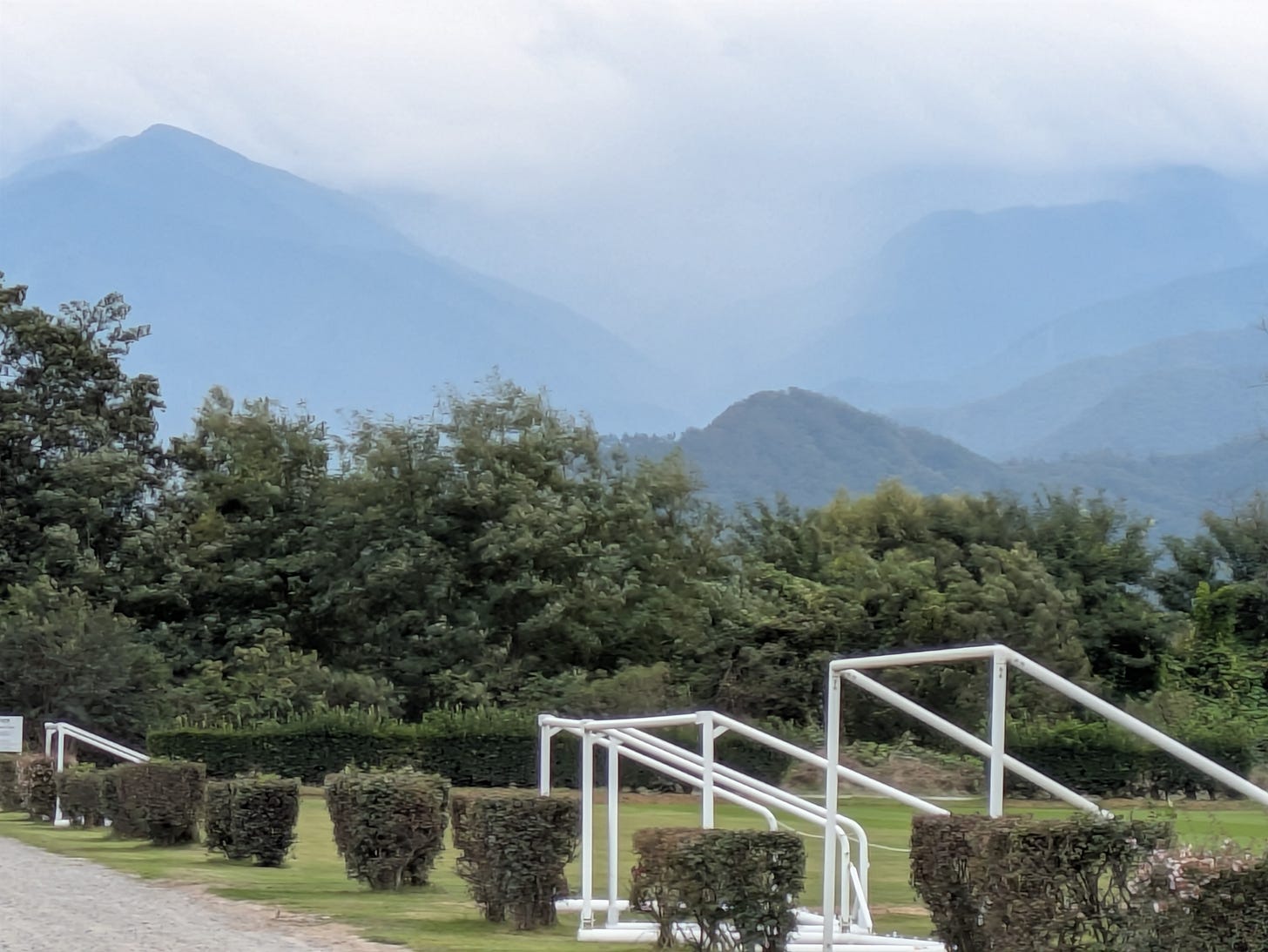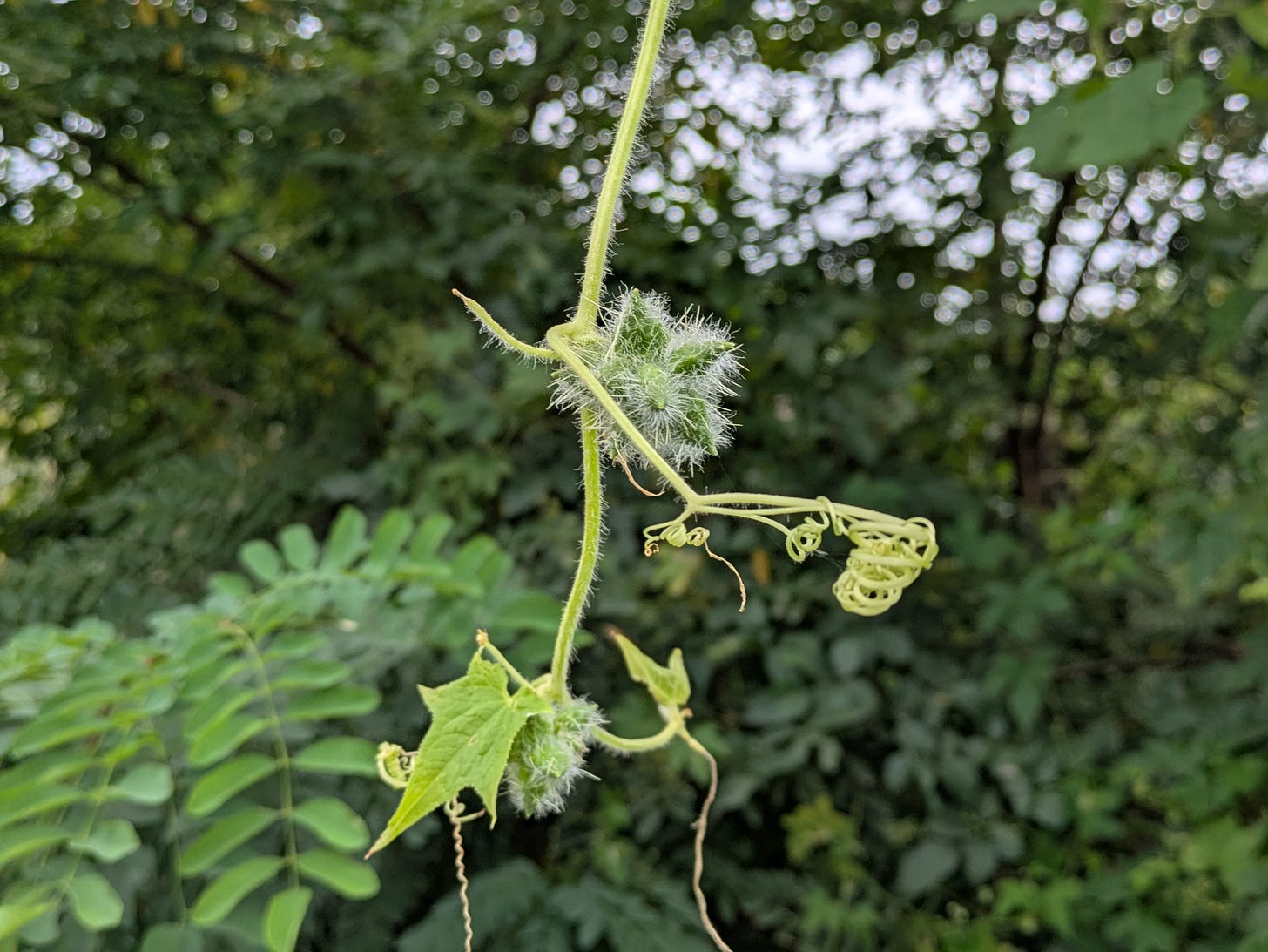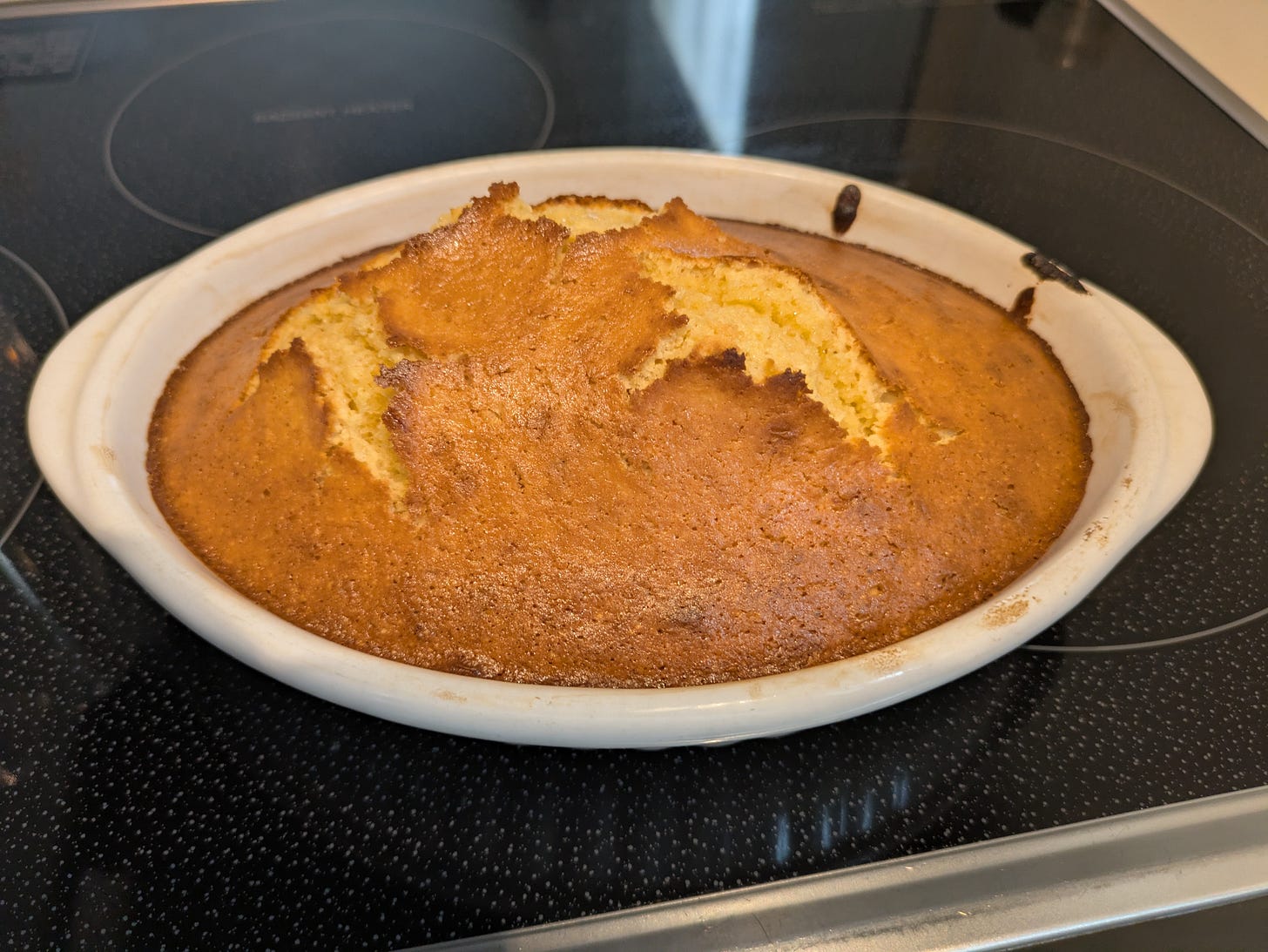Riverside Stream of Conscious
Sunday Soccer, World Cup words
Year 4: #7
Chikumagawa, Chikuma River, Shinano Kuni, soccer practice on Sunday. The early fall means it is cool enough for a riverside walk.
I am here, an organism among many, breathing with the swells and swayings of the leaves around me; insect sounds and bird calls weave through the wind.
Dust roads lead to soccer grounds, agriculture, and trails that lead to riverside access. Burned remnants of late-night drinking, illegal garbage dumping, and vines overtake signage.
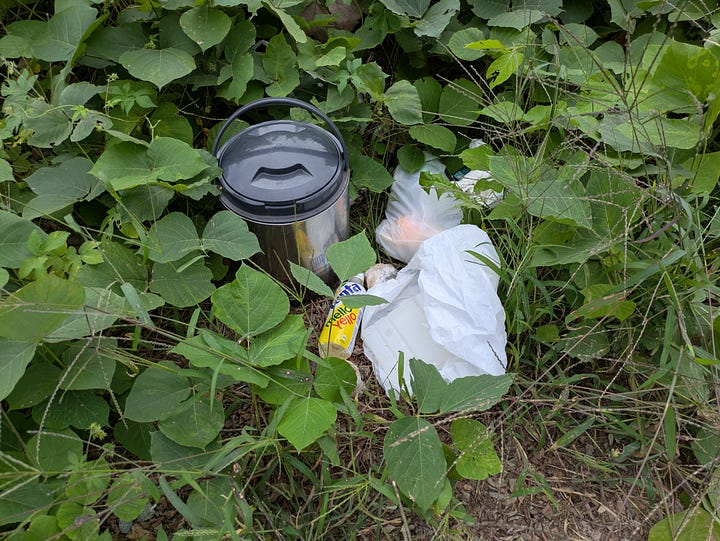
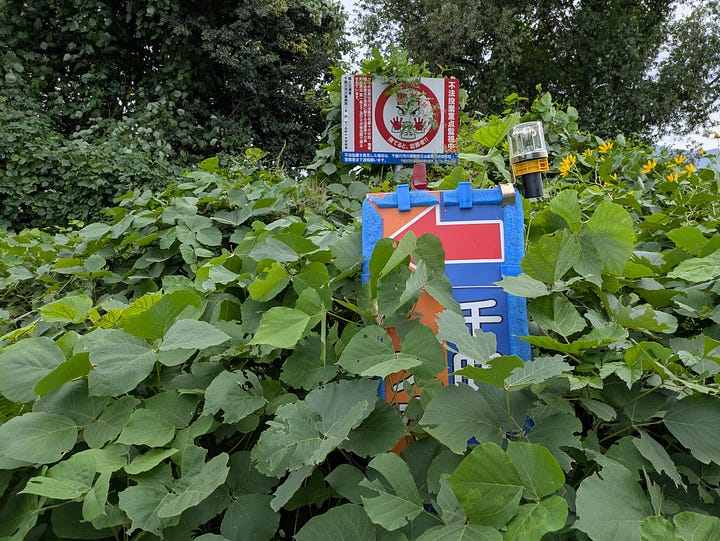
I spend a lot of time in nature, writing, reading, making music, and for better or for worse engaged in sports; soccer, baseball, and wrestling (which exists at the convergence of art and sport).
The mountain ridges form some lines that I daydream of drawing. There are lines in everything.
Lines of poetry, offensive and defensive lines in football, lines to get into rock shows, lines of chess that have fascinated people for centuries.
The lines of a nude are said to be similar to the lines of a landscape.
Lines of dialogue, red lines, blurred lines…
Four lines make up a rectangle, and a rectangle is the shape of a soccer goal. A rectangle held up by diagonal lines, just outside of the field of play, which also exists within lines.
There are some dignified guests helping out with my son’s youth soccer game: an education professional, a former professional women’s player, and a former referee who officiated for over ten years in the J League, including some World Cup matches.
Athletes’ messages are pretty consistent. Let me paraphrase:
“Work hard, cheer on your teammates, and spend as much time around the game as possible. You shouldn’t play the game to be a pro; you should play because you love it. If a person with no skills practices well, they can become a great player.”
But when musicians and artists talk, sure there there is some talk of practice and time, but there is a little more humanity to what they say, a little more poetry.
Let’s compare:
Soccer player Lionel Messi: “You have to fight to reach your dream. You have to sacrifice and work hard for it“
Musician Lou Reed: “I am very emotionally affected by sound. Sounds are the inexplicable… There is a sound you hear in your head, it’s your nerves, or your blood running.”


Of course, these are cherry-picked quotes. But, where is the poetry in sports?
Where is the': “When I am running at the goal, I feel the rhythm from the stands, and it is in synch with my heartbeat, and thousands of years of the working class struggle helps me get a good kick on the ball.”
I guess the obvious hypothesis is that sport and art require different intelligences and different types of thinking. Thus, the cliche “poetry in motion.”
Speaking of motion, plants move, too, although we perceive them as stationary.
Perhaps there is something more to it. An athlete works for a peak, and they get one chance at it. An artist certainly may have a peak, but William S. Burroughs made art with Kurt Cobain in a way that Sandy Koufax and Randy Johnson could never share a pitcher’s duel together.
Perhaps the language of music and art is the language of a never-ending path, whereas the language of the active athlete is one of success within a limited time frame.
My son plays the second half of the second game. At the end of the games, the guests address the players and parents.
Each child takes a turn shaking the referee’s hand. When it is my son’s turn, the handshake lasts a little longer, and he addresses my son directly, “If you believe that you can be a great player and work hard, you can do it.”
As my son turns away from the man, his face shows a certain energy, a certain buzz, hopeful, and somewhat satisfied, but clearly thinking and dreaming.
His friends were waiting as their parents lined up around the guest, asking questions that might help them guide their children to the pros.
But, we had plans to go home and make cornbread, an American treat that you don’t find every day in Japan.

